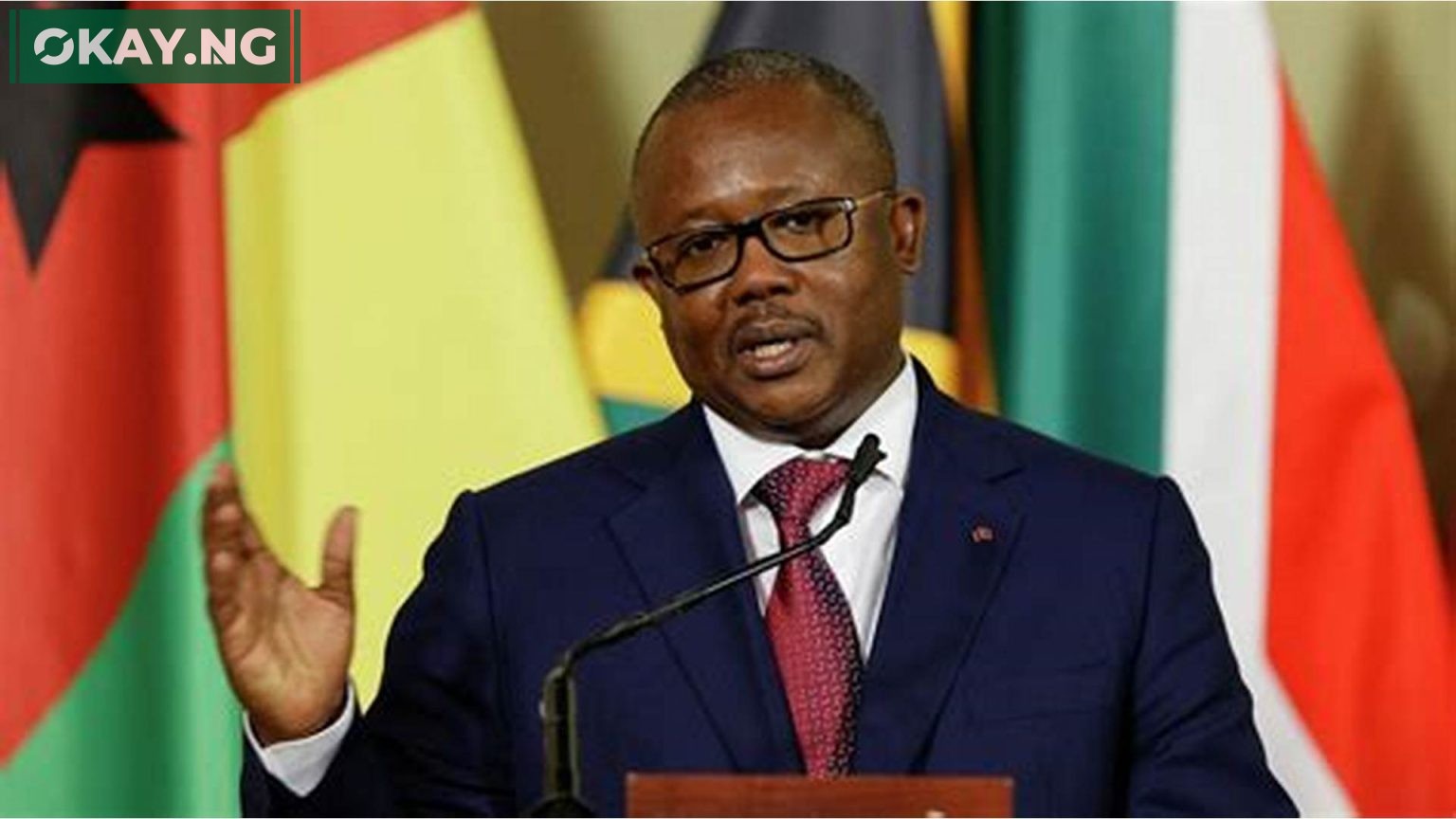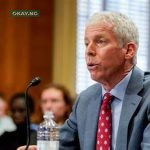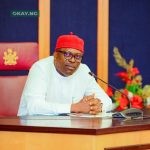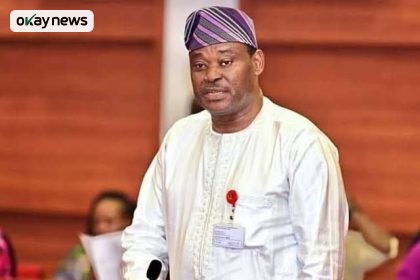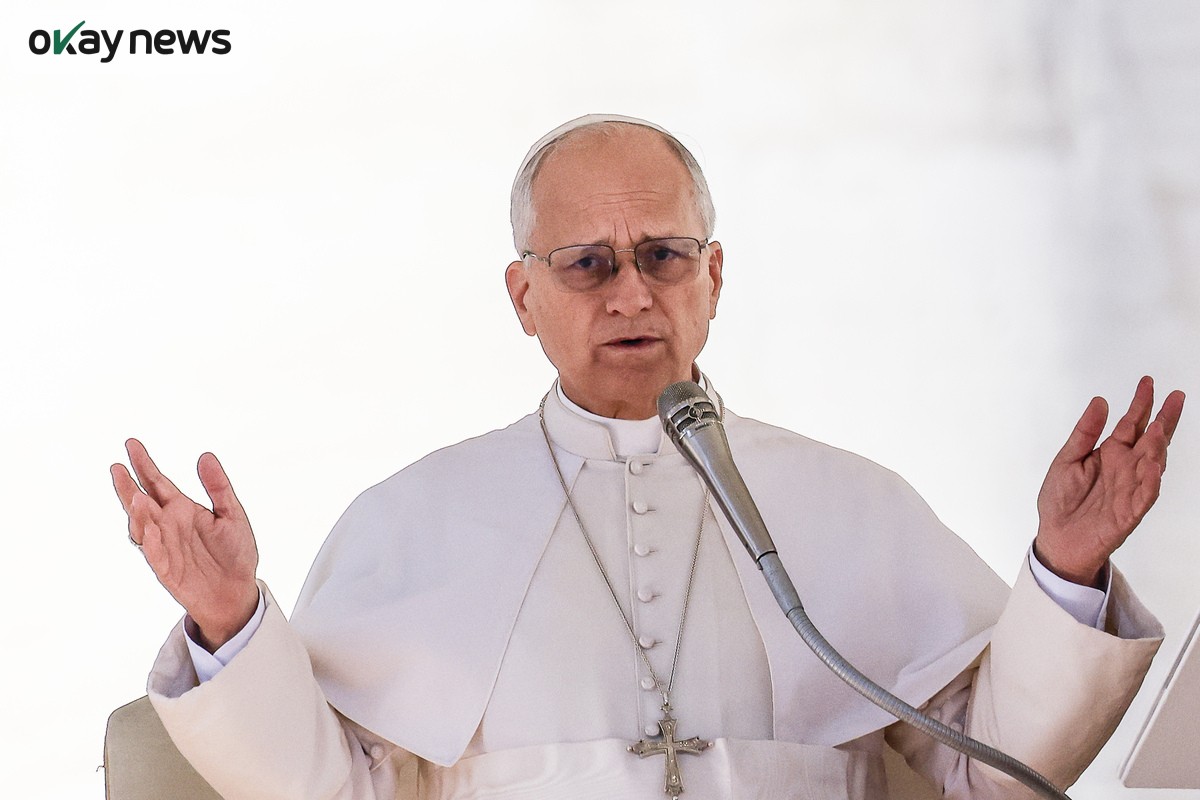Guinea-Bissau has moved its presidential and legislative elections to November 23, President Umaro Sissoco Embalo announced via decree on Friday, marking a sudden shift from the previously set November 30 date. The decision has ignited fresh controversy in a nation already grappling with prolonged political turbulence, as opposition leaders accuse the embattled leader of clinging to power beyond his constitutional term.
“This adjustment ensures logistical preparedness and electoral integrity,” the presidency stated in a brief communiqué, though critics argue the abrupt change underscores desperation to legitimize a mandate that expired on September 24. Opposition figures, including former Prime Minister Domingos Simões Pereira, have repeatedly demanded Embalo’s immediate resignation, citing Article 78 of Guinea-Bissau’s constitution, which bars presidents from serving beyond their term without parliamentary approval.
“The people are weary of political games,” Pereira declared at a rally in Bissau last week. “Delaying elections while the president remains in office violates our democracy. Every day without a transition deepens our crisis.”
Read Also: U.S. Strategic Petroleum Reserve Refill to Cost $20 Billion, Face Multi-Year Hurdles, Officials Say
Guinea-Bissau’s history of coup-like instability and governance disputes exemplified by the 2012 military junta and recurrent election delays—casts a shadow over this year’s polls. Independent analysts warn that prolonging the current administration’s tenure could destabilize the West African nation further, particularly as economic stagnation and public frustration over corruption fuel social unrest.
“Elections must proceed swiftly, but legitimacy hinges on fairness,” said Amadou Sanha, a political scientist at the University of Bissau. “If the opposition boycotts or deems the process rigged, we risk a repeat of post-2014 chaos.”
The electoral commission, tasked with organizing the vote, has yet to address concerns about compressed timelines for voter registration and campaign logistics. Meanwhile, civil society groups have mobilized to monitor polling stations, fearing irregularities that could spark violent protests.
For ordinary citizens, the uncertainty is palpable. “We just want leaders who listen,” said Fatou Mané, a teacher in Gabú. “But when elections become a tool for power grabs, hope fades.”
As international observers urge calm, Guinea-Bissau’s crisis underscores the fragility of democratic processes in regions where institutional trust remains tenuous. With less than two months until voting begins, the nation teeters between a chance for renewal and the specter of deeper discord.


